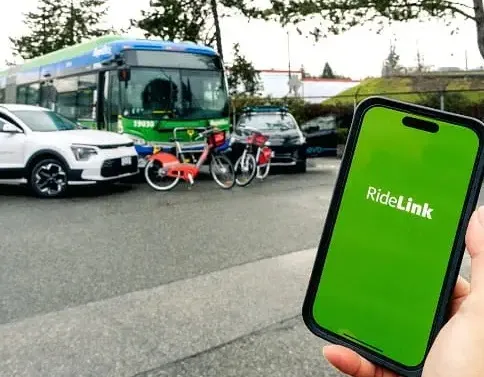“To encourage wider deployment of green technologies, including innovations that our members have on display at the Washington Auto Show this week, the government should not pick winners and losers but let the marketplace decide,” said Global Automakers’ president and CEO Michael J. Stanton, whose association represents 15 international automobile manufacturers.
May 21, 2012
Read time: 2 mins
“To encourage wider deployment of green technologies, including innovations that our members have on display at the Washington Auto Show this week, the government should not pick winners and losers but let the marketplace decide,” said Global Automakers’ president and CEO Michael J. Stanton, whose association represents 15 international automobile manufacturers.
As Stanton points out, Global Automakers’ members have long led the industry in the development and deployment of green technologies. These companies brought the first hybrids to American consumers in 1999 and today account for 82 per cent of the US hybrid market. This week’s Washington Auto Show is highlighting the latest green innovations automakers have developed.
“Hybrids are just one of the many technologies our members are aggressively pursuing to reduce CO2 emissions in order to protect the environment and lessen our nation’s reliance on fossil fuels,” said Stanton. “From fuel cells, to plug-in hybrids and pure electric, the vehicles on display this week are the result of millions of R&D dollars that our members continue to invest to reduce the environmental footprint of their vehicles and to meet or exceed government regulations.”
The4946 Association of Global Automakers, formerly known as the Association of International Automobile Manufacturers (AIAM), represents international motor vehicle manufacturers, original equipment suppliers, and other automotive-related trade associations. Its members’ market share of both US sales and production is 40 per cent and growing.
As Stanton points out, Global Automakers’ members have long led the industry in the development and deployment of green technologies. These companies brought the first hybrids to American consumers in 1999 and today account for 82 per cent of the US hybrid market. This week’s Washington Auto Show is highlighting the latest green innovations automakers have developed.
“Hybrids are just one of the many technologies our members are aggressively pursuing to reduce CO2 emissions in order to protect the environment and lessen our nation’s reliance on fossil fuels,” said Stanton. “From fuel cells, to plug-in hybrids and pure electric, the vehicles on display this week are the result of millions of R&D dollars that our members continue to invest to reduce the environmental footprint of their vehicles and to meet or exceed government regulations.”
The









